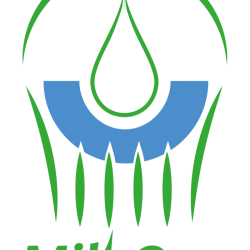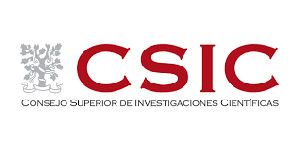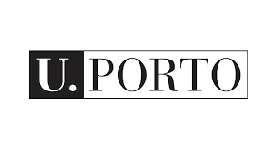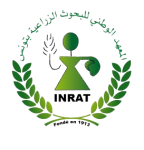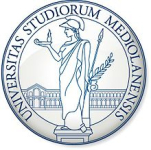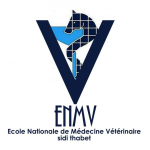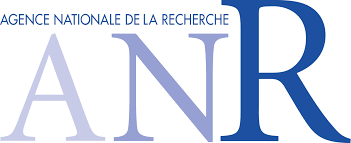ABOUT US




MILKQUA project will enhance milk and dairy food quality and safety, and lower milk-associated health hazards, by reducing antimicrobial use on Tunisian farms in the context of One Health approach. Milk safety and quality are essential to the health and welfare of a community. Yet, milk also provides one of the main vehicles of food-borne diseases and antibiotic resistance. Therefore, MILKQUA will : • Deliver an extension-based national milk program (QMP) to reduce the incidence of mastitis, and the consequent use of antibiotics. • Explore the use of essential oils and plant extracts with antibacterial activities in diets of dairy cows to decrease the burden of mastitis, and increase feed efficiency, animal welfare and sustainability of milk production system. • Improve the quality, including the shelf life of dairy products. MILKQUA is a cross-multidisciplinary project engaging 5 EU partners from 4 countries (France, Italy, Spain, and Portugal). It will team with 5 Tunisian partners including livestock organization, academic and research institutions and dairy companies, with a high expertise in both fundamental and applied science, and will strongly rely on up-to-date system biology (both in vitro and in vivo assays) and OMICs methodologies. Synergy in communication and dissemination by the several Tunisian stakeholders will permit to reduce and monitor antimicrobial usage in livestock and improve both milk quality and quantity. MILKQUA will enhance the role of Tunisian dairy producers, as economic and environmental actors of the rural communities as purveyors of a sustainable food supply to consumers. MILKQUA will also lay the foundation of an accountable and dynamic system that will stimulate the economy to grow and promote prosperous and resilient communities across the country and elsewhere, providing new knowledge about the biological effects of natural compound that will be extended to other Mediterranean basin countries.









